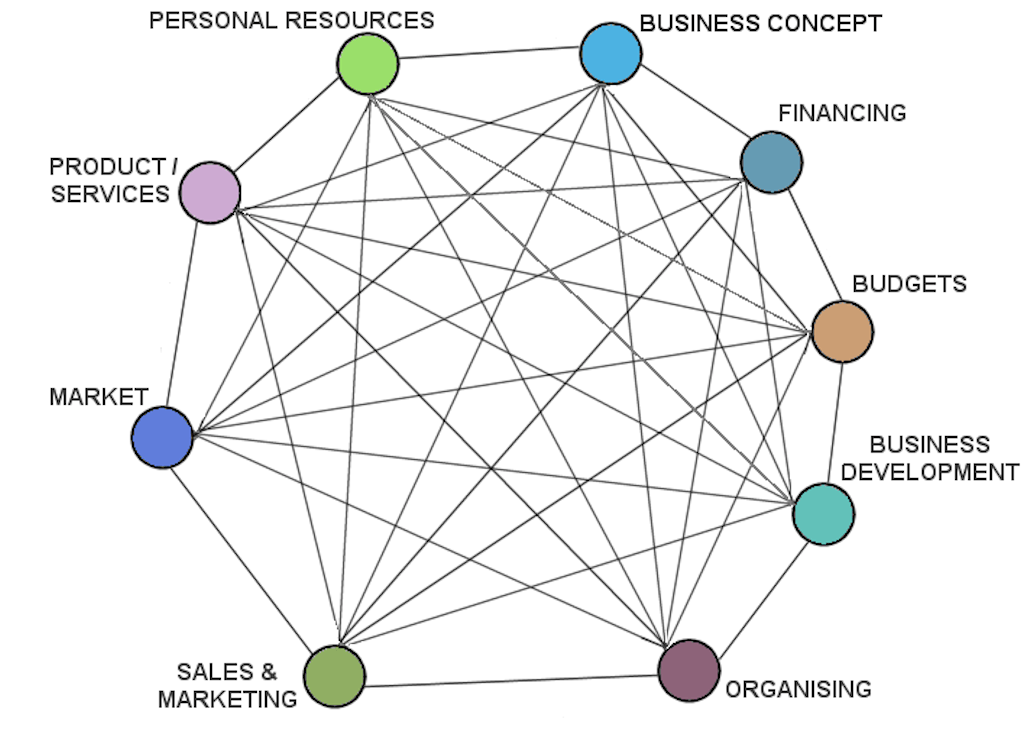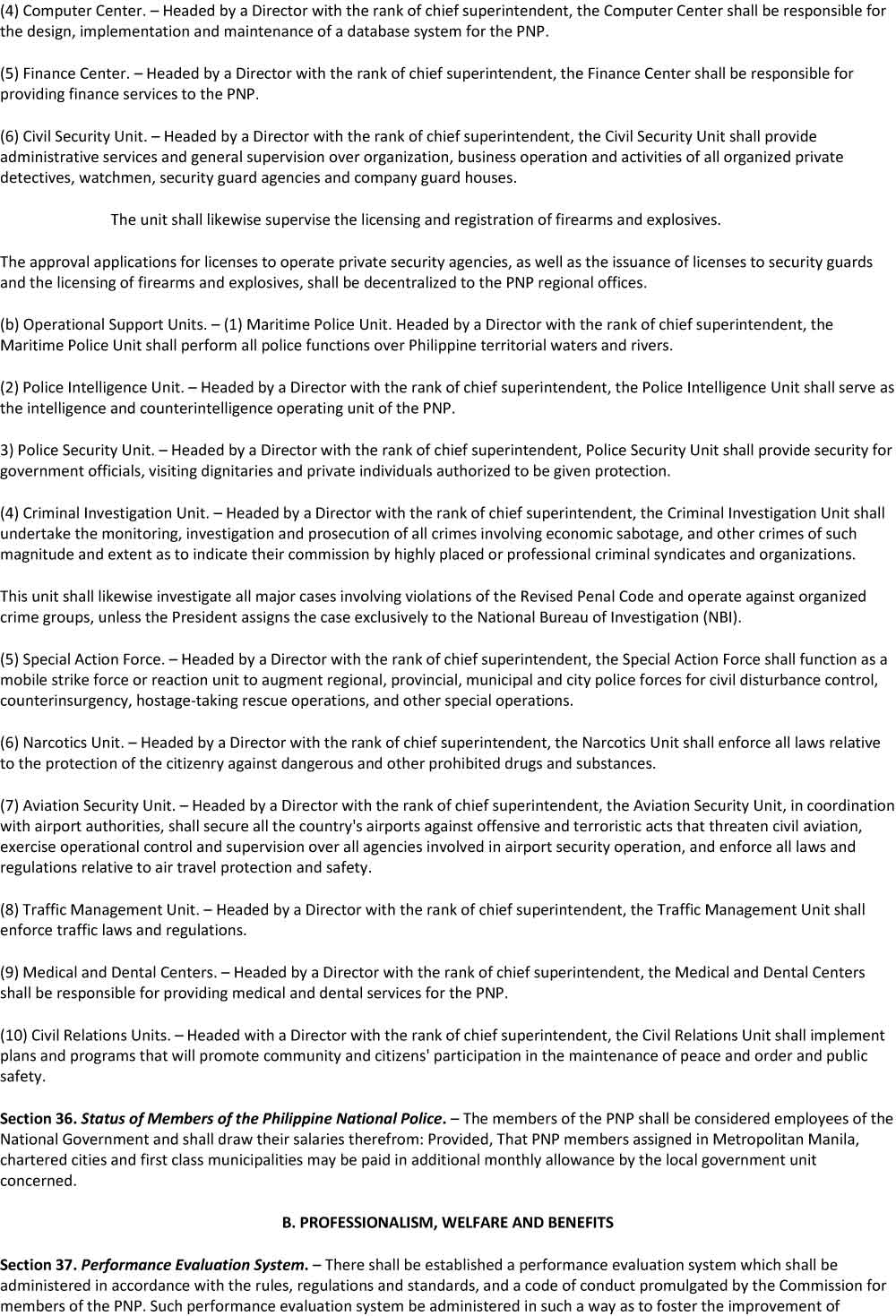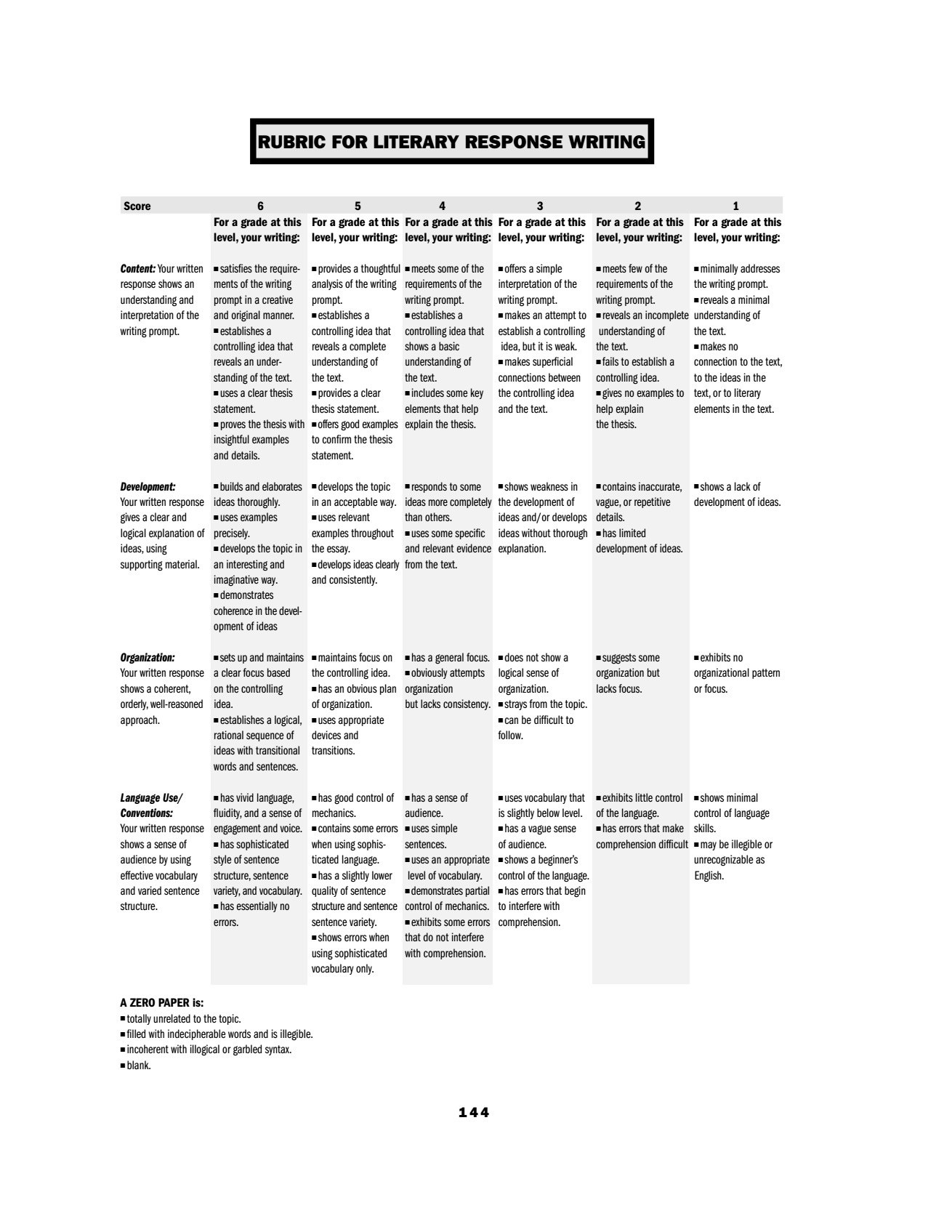Non-cooperation movement - Simple English Wikipedia, the.
The people were made convinced that without non- cooperation, the attainment of Swaraj would be delayed. The most successful aspect of the non-cooperation movement was the boycott of elections. The congress did not nominate any candidate to contest in the elections to the Councils, which had been reformed under the Government of India Act of.This was endorsed at Nagpur Session and thus Non Co-operation Movement started vigorously in January 1921. Different Aspects of Non-Cooperation: The Tilak Swarajya Fund was started to finance the Non-Cooperation Movement. The main emphasis of the movement was on boycott of schools, colleges, law courts and advocacy of the use of Charkha.This movement fundamentally altered the course of the struggle for freedom. Non-violence and non-cooperation was initially used for the Khilafat issues in India but subsequently it turned into a protest against many wrongs of the British rule and became inseparable from the demand for “swaraj”.
Non-cooperation movement was the first nation-wide mass movement against the British rule in India. There was widespread political discontent in India by the end of 1919 which culminated in the Non-cooperation movement under Gandhi. The non-cooper.About Non-Cooperation Movement. The most significant event that unfolded in Indian politics in 1919 was the rise of Mahatma Gandhi.Gandhi's emergence on the Indian political scenario inaugurated.

Non-cooperation movement was started by Mahatma Gandhi in 1920 to drive the British out of the country. Non-cooperation movement was nothing but a declaration of peaceful; and non-violent war against the atrocities of the British government which had gone back on its words.











